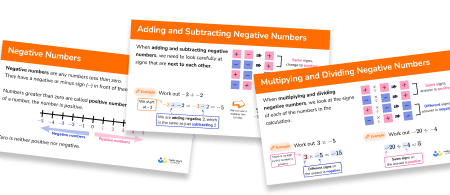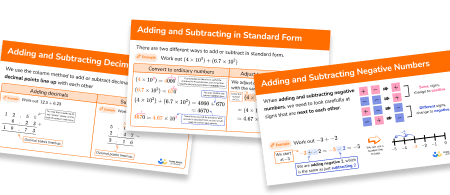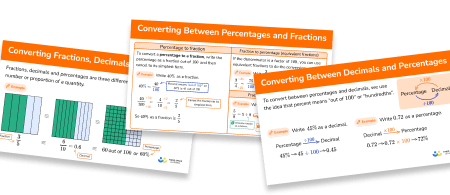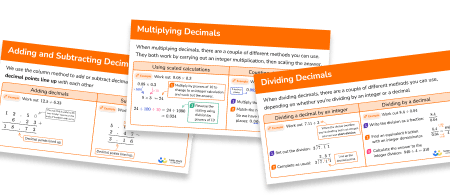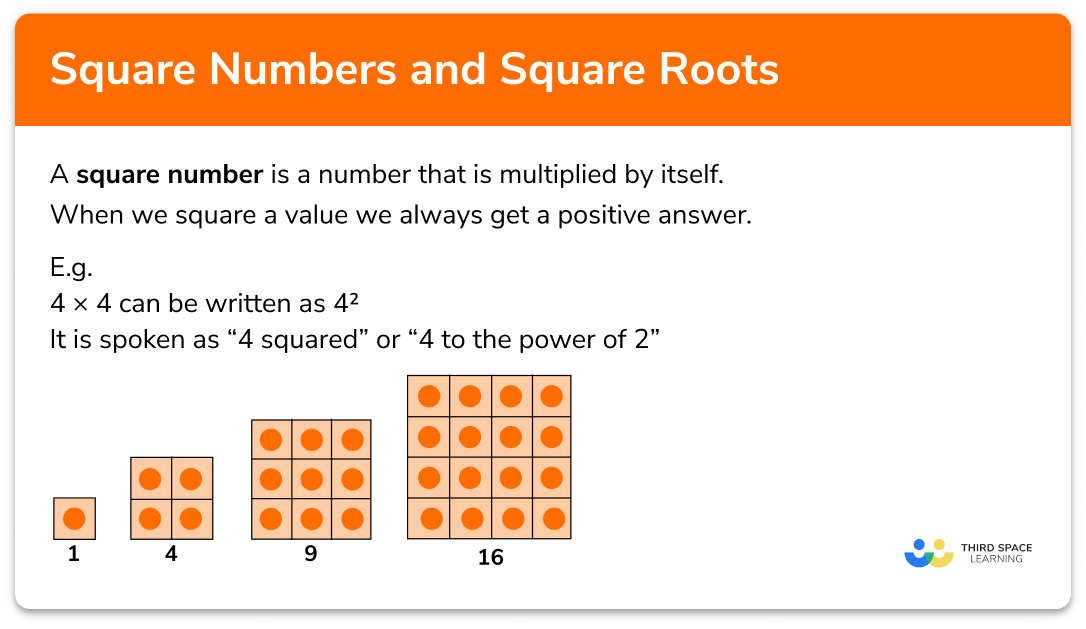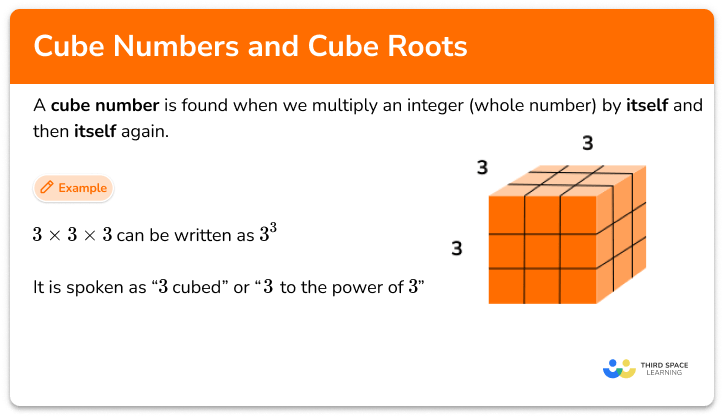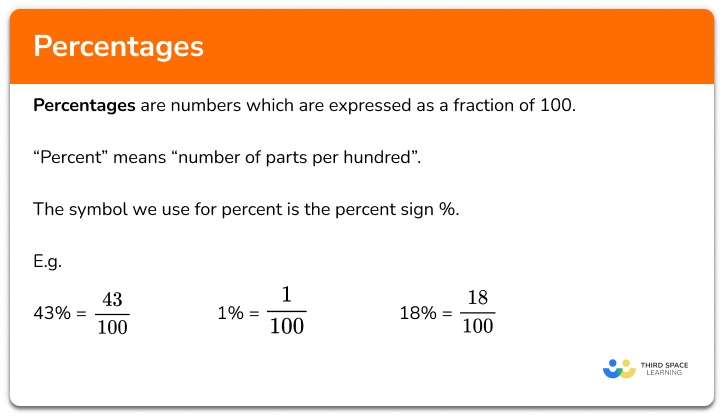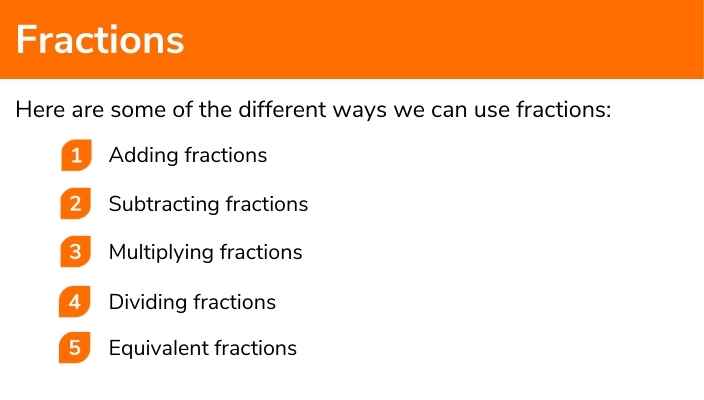FREE DOWNLOAD
Recurring Decimals To Fractions Worksheet

Help your students prepare for their Maths GCSE with this free recurring decimals to fractions worksheet of 45 questions and answers
- Section 1 of the recurring decimals to fractions worksheet contains 36 skills-based recurring decimals to fractions questions, in 3 groups to support differentiation
- Section 2 contains 4 applied recurring decimals to fractions questions with a mix of word problems and deeper problem solving questions
- Section 3 contains 5 foundation and higher level GCSE exam style recurring decimals to fractions questions
- Answers and a mark scheme for all recurring decimals to fractions questions are provided
- Questions follow variation theory with plenty of opportunities for students to work independently at their own level
- All questions created by fully qualified expert secondary maths teachers
- Suitable for GCSE maths revision for AQA, OCR and Edexcel exam board
Recurring decimals to fractions at a glance
Recurring decimals, or repeating decimals, are decimal numbers with an indefinite pattern of repeating digits.
To convert recurring decimals to fractions we use a method which involves multiplying the decimal by a power of 10 in such a way that the pattern of numbers after the decimal point lines up with the original decimal. We can then subtract the two numbers, leaving an integer which we can use to write the fraction.
For example, let’s consider the decimal 0.6363636363…, we can call this number x. If we multiply this number by 100 we get 63.63636363…= 100x . We then need to subtract x from 100x to leave we are left with the integer 63 equal to 99x. Finally, dividing both sides by 99 gives us a fraction with 63 as the numerator and 99 as the denominator. So the recurring decimal 0.636363… is equal to 63 over 99. We usually work with fractions in their simplest form so simplifying this fraction we get 711.
Looking forward, students can then progress to additional number worksheets, for example a fractions worksheet or a rounding worksheet.

For more teaching and learning support on Number our GCSE maths lessons provide step by step support for all GCSE maths concepts.
Do you have students who need additional support?

With Third Space Learning's secondary maths tutoring programmes, students in Year 7-11 receive regular one to one maths tutoring to address gaps, build confidence and boost progress.
"My confidence in the tutoring is high. We've had some phenomenal results. I even had one girl get a Grade 8 this year; she came to every tutoring session."
Stacey Atkins, Maths Director, Outwood Grange Academies Trust

